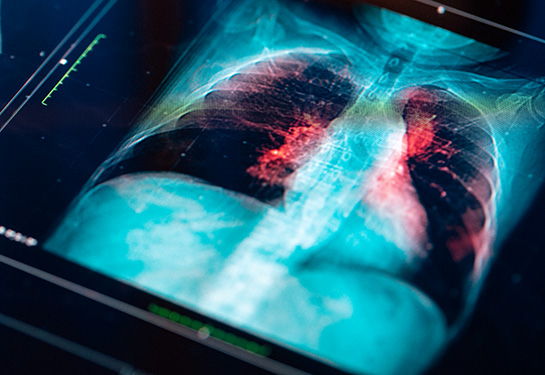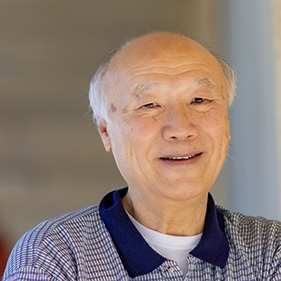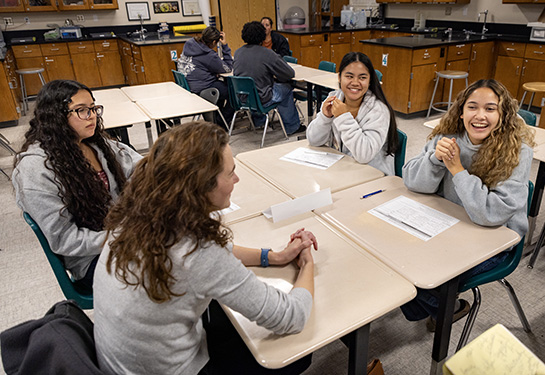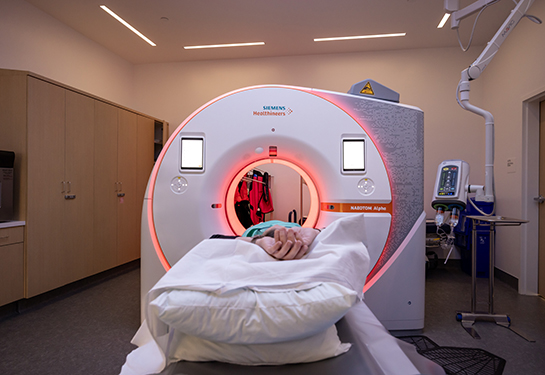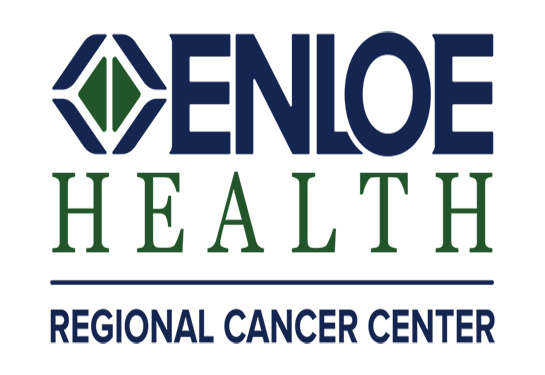Researchers launch new lung cancer screening study on World Cancer Day
Screening rates are low for lung cancer, the No. 1 cause of cancer death worldwide. UC Davis researchers want to find out why that is.
This World Cancer Day, UC Davis Comprehensive Cancer Center is taking action to address the No. 1 cause of cancer death in the world: lung cancer.
The cancer center’s Office of Community Outreach and Engagement (COE) is launching a study to investigate why it is so challenging to get eligible patients to come in for lung cancer screening.
“The purpose of the study is to interview UC Davis patients, doctors and nurses to discover what is holding eligible patients back from being screened for lung cancer. We also want to learn how we, as a health system, can be more successful in getting our screening rates up,” said Moon Chen, Jr., who leads the COE.
It is easier than ever to qualify for low-dose lung cancer CT scans. That’s why we need to understand why we are not seeing the rates for lung cancer screening increase.” —Moon Chen, Jr., associate director, Office of Community Outreach and Engagement
An estimated 80-90% of all lung cancers are caused by tobacco use. New lung cancer screening guidelines from the U.S. Preventive Services Task Force were rolled out in 2021 to make it easier for smokers and former smokers to qualify. But lung cancer screening rates remain abysmally low. Only about 1% of those eligible for lung cancer screening are getting screened in California.
“It is easier than ever to qualify for low-dose lung cancer CT scans,” Chen said. “That’s why we need to understand why we are not seeing the rates for lung cancer screening increase.”
Treatment breakthroughs, including a new robotic procedure at UC Davis that offers diagnosis and removal of lung cancer during a single surgery, make lung cancer less stressful and more successful to treat. That’s why UC Davis researchers want to ask questions such as: Why are more eligible patients not being screened? And what is the best way to reach out to smokers and former smokers to encourage them to be screened?
Lives are at stake when lung cancer goes undiagnosed. California has one of the lowest rates of lung cancer in the country, likely due to its strong tobacco control policies. But lung cancer is still the top cancer killer. According to the American Cancer Society’s Cancer (ACS) Facts & Figures 2023 report, more than 17,000 people in the state will be diagnosed with lung cancer this year, with about 9,000 expected to die from the disease.
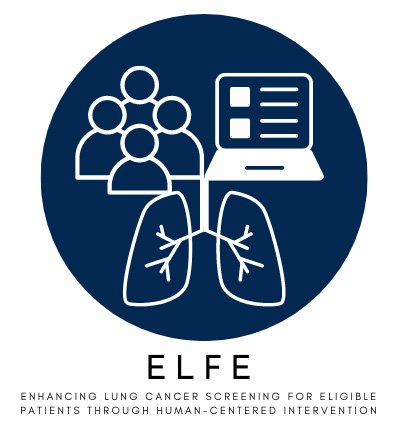
For more information, go to the study website Enhancing Lung Cancer Screening for Eligible Patients Through Human-centered Intervention. Patient participants must be between the ages of 50-80 and eligible for lung cancer screening. Under new guidelines, anyone in that age group who has smoked at least 20 “pack-years” and either still smokes or quit within the last 15 years is eligible for screening. A “pack-year” means smoking a pack of cigarettes a day for a year or an equivalent amount.
The study will take no more than an hour of time and a gift card will be given as a thank you. Funding for the study came from the Victory Over Cancer Foundation.
UC Davis Comprehensive Cancer Center
UC Davis Comprehensive Cancer Center is the only National Cancer Institute-designated center serving the Central Valley and inland Northern California, a region of more than 6 million people. Its specialists provide compassionate, comprehensive care for more than 100,000 adults and children every year and access to more than 200 active clinical trials at any given time. Its innovative research program engages more than 240 scientists at UC Davis who work collaboratively to advance discovery of new tools to diagnose and treat cancer. Patients have access to leading-edge care, including immunotherapy and other targeted treatments. Its Office of Community Outreach and Engagement addresses disparities in cancer outcomes across diverse populations, and the cancer center provides comprehensive education and workforce development programs for the next generation of clinicians and scientists. For more information, visit cancer.ucdavis.edu.

